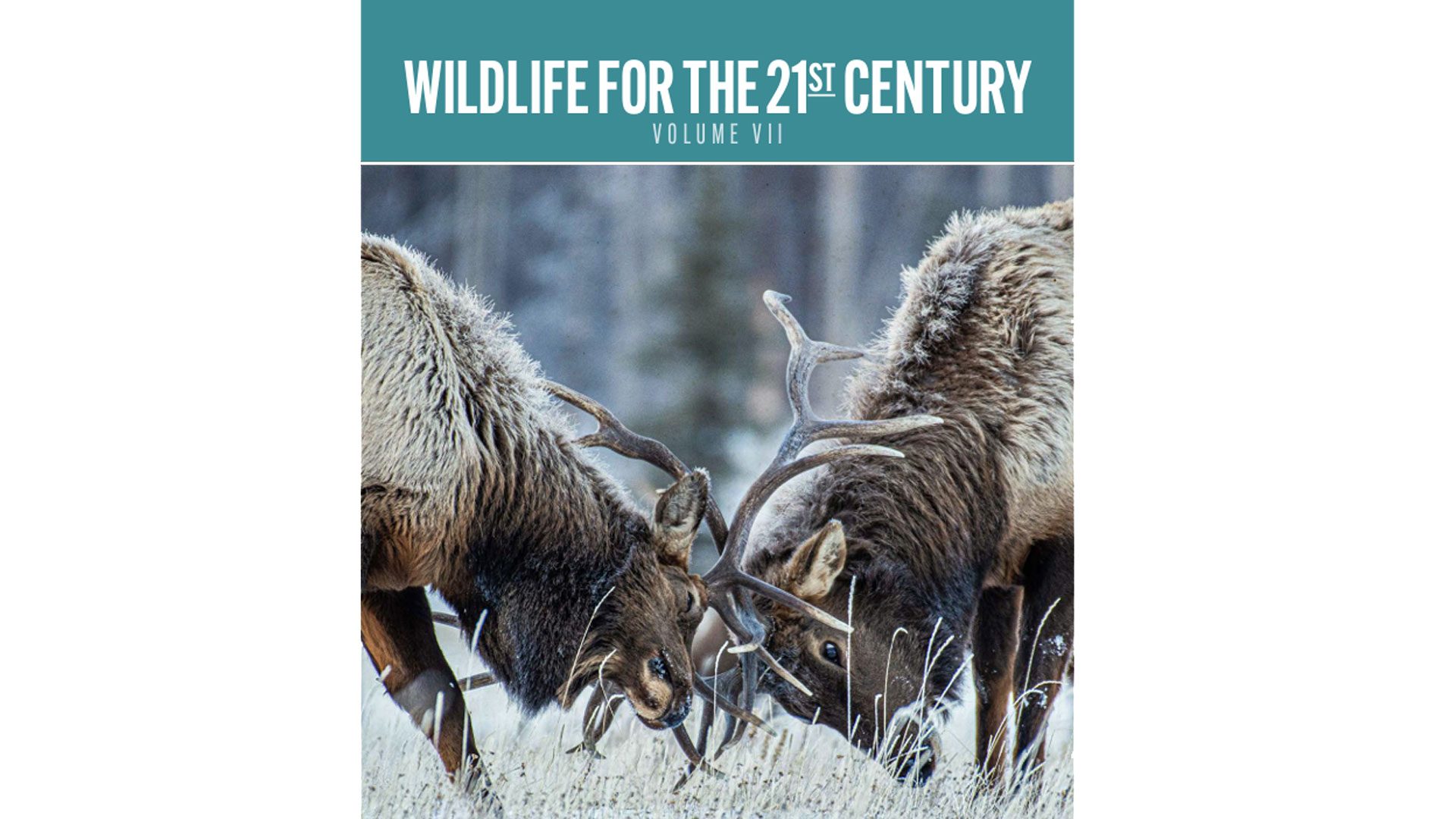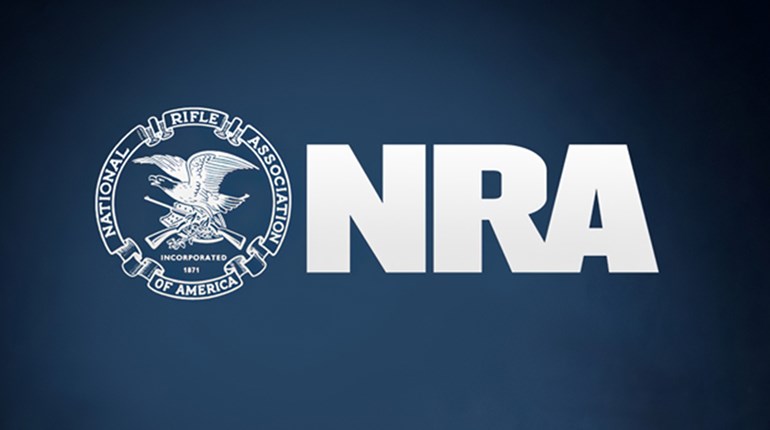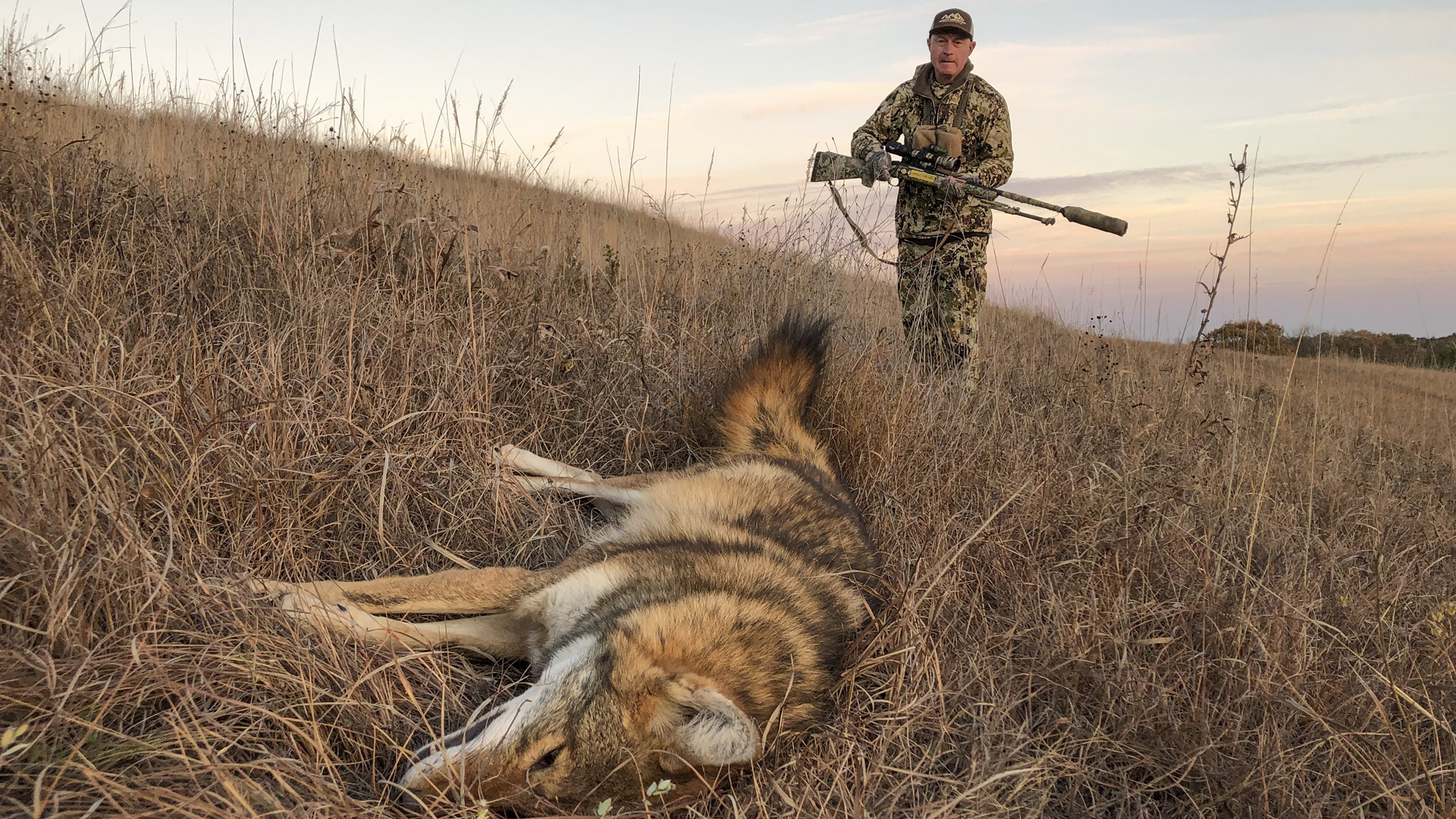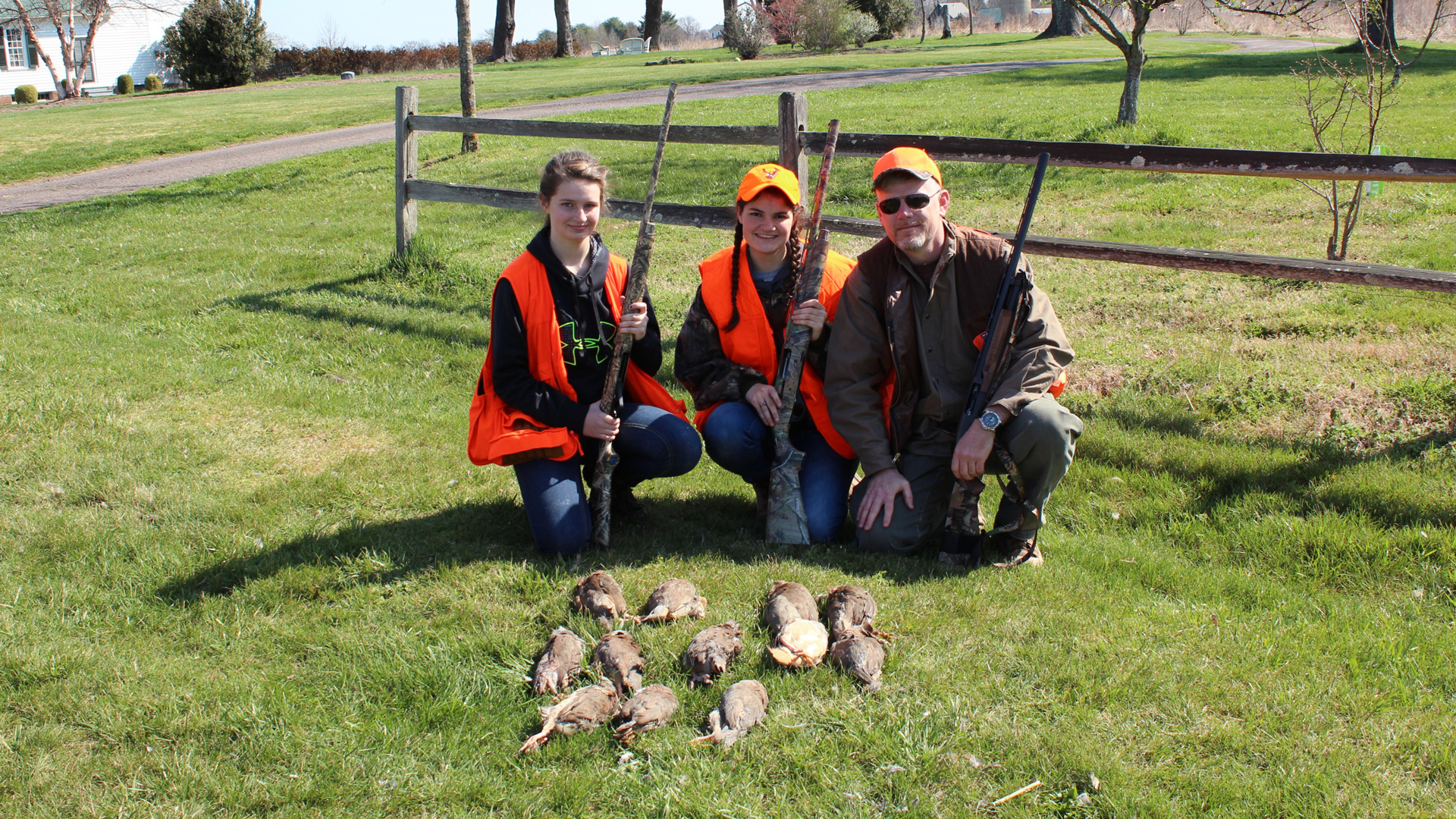
The American Wildlife Conservation Partners (AWCP)—comprised of the nation’s top 52 sporting-conservation organizations, including the NRA—released its Wildlife for the 21st Century, Volume VII (W-21) on Sept. 11. The comprehensive publication focuses on solutions to conserve wildlife and their habitats across the nation, bolstering public access and protecting our outdoor traditions. The recommendations in W-21 will aid policymakers in the next Administration and the next two Congresses in making decisions on sporting-conservation issues and practices that are vital to current and future generations of sportsmen and sportswomen and other conservationists.
“I am proud to have worked alongside the members of AWCP to develop a thoughtful and comprehensive set of priorities that are contained in W-21,” said Taylor Schmitz, AWCP chairman and director of Federal elations for the Congressional Sportsmen’s Foundation. “AWCP is a unique and collective force, and it is through our coordination, communication, and vision that the priorities in W-21 will be recognized. While this document is intended for the next two Congresses and Presidential Administration, there are numerous W-21 priorities that can be delivered on in 2024, and we look forward to making that a reality.”
Every four years since AWCP was first convened in 2000, the partners have put forth their collective priorities in Wildlife for the 21st Century, which serves as the roadmap for AWCP’s vision for wildlife and sportsmen. Although the 52 partner organizations of AWCP may have diverse primary missions, the recommendations contained in W-21 Volume VII represent a consensus amongst the AWCP organizations and shared commitment to advancing and promoting pro sporting-conservation priorities.
“Our partners that make up AWCP should be proud of their ability to coalesce around a shared set of policy priorities which, should they be adopted, would produce real and meaningful benefits for hunters, habitat, and wildlife across the United States,” said John Devney, AWCP vice-chair and chief policy officer for Delta Waterfowl. “It is a comprehensive suite of recommendations that can serve as a blueprint for conservation and hunting policy in the future.”
The specific recommendations made by the AWCP are featured in nine distinct sections of the report. Each recommendation includes detailed descriptions of the issues and action items to address the issues. These recommendations encourage collaboration and cooperation between federal agencies, state fish and wildlife agencies, and private landowners and support the implementation of sound, science-based conservation efforts.
- Recommendation 1: Funding for Conservation—Protect and secure permanent and dedicated conservation funding
- Recommendation 2: Access—Enhance access for hunters, shooters and other outdoor recreationists
- Recommendation 3: Wildlife Migration—Institutionalize and support wildlife migration corridors and seasonal habitats
- Recommendation 4: Energy Development—Ensure wildlife and habitat goals are integrated into planning, development, and operations of all energy sources and impacts are mitigated
- Recommendation 5: Private Land Conservation—Incentivize private landowners to conserve wildlife and habitat and provide access for hunting
- Recommendation 6: Active Management of Federal Lands—Increase active management of federal lands and reduce litigation through collaboration
- Recommendation 7: Species Conservation—Achieve greater results from an improved Endangered Species Act
- Recommendation 8: Wildlife Health—Support and assist state fish and wildlife agencies in addressing wildlife health challenges
- Recommendation 9: Climate Change—Sharpen climate policy focus on habitat conservation, restoration, and carbon solutions
Wildlife for the 21st Century, Volume VII is the culmination of more than a year of work by the AWCP and will define the sporting community’s priorities for the next four years. The recommendations act as a blueprint for decision makers to lead policy changes that will make a meaningful difference to ensure our country’s unique outdoor heritage remains and thrives for years to come.
While the focus of W-21 is the incoming Administration and new Congress, several of the priorities are still being considered in the current Congress. Wrapping up some of these issues in the 118th Congress will open the opportunity to achieve even more of the recommendations in the coming years.
You can find a copy of Wildlife for the 21st Century, Volume 7 here.




































